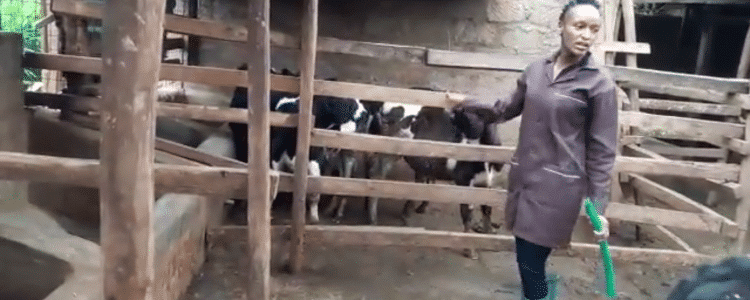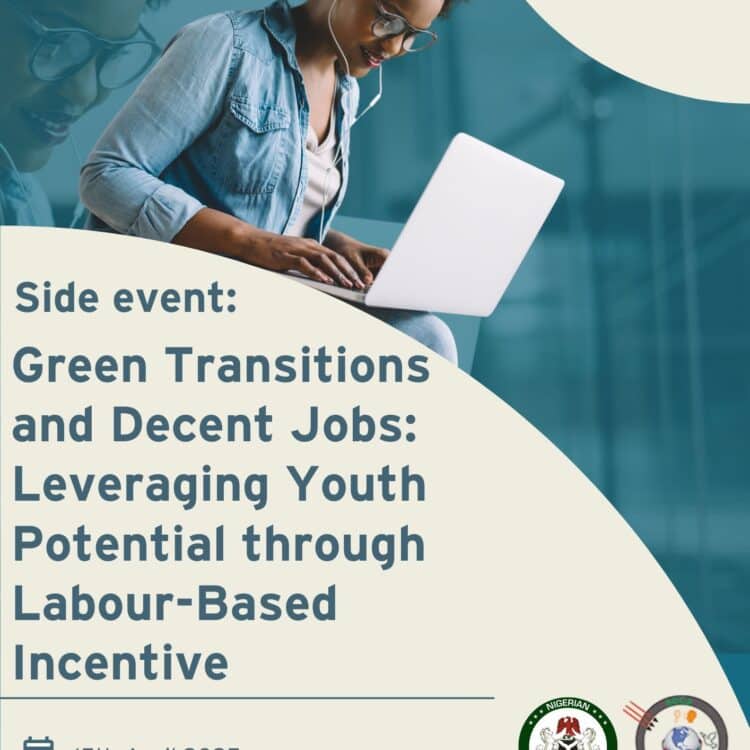
In preparation for the conference on Boosting youth employment in Africa, co-organized with the Netherlands Ministry of Foreign Affairs on 30 May in the Hague, Carol Njeri Gathogo (28), dairy farmer in Kenya and one of the youngest participants of the conference, made a short filmed and written portrait of herself.
Watch the short film, and read the text below.
Please accept marketing-cookies to watch this video.
“Growing up in a farm house, where my late grandparents were dairy farmers, I grew up having the know-how about dairy. My mother too carried on farming and practises dairy to date. I grew up knowing, and yes, I can attest that dairy is and was our daily bread. It is through dairy that I have been raised well and educated up to university level.
I started dairy farming in the year 2012 when I had a break for maternity leave from my employment back then. That is when I decided that I wouldn’t go back to my job but would start dairy farming – I wanted to have ample time with my son and watch him grow and still meet his needs through dairy. And by this time I knew dairy can!
I started with one cow, bought from the savings I had while still employed. From the single cow, I have been able to multiply. Some I have bought through the loans undertaken from the sacco (Savings and Credit Cooperative Organization) I joined through the dairy cooperative I am a member of. And I can proudly say: yes, I am able to educate my son and his little sister and sustain their needs through dairy farming.
Given the chance and capability to further into dairy farming and run it as a professional business, and considering the structure (cow shed) that I have, I want to have 10-12 productive cows each producing 30-35 litres a day.
And going by that, what more would I look for other than dairy? For me I can say: dairy has worked for me mainly because I had a hand to guide me to dairy. The motivation I get from my mother is unbelievable. I appreciate that so much. May God grant her many more healthy years for her to see me make it in dairy!
Challenges I encounter:
- Inadequate capital
- Availability fodder (food such as dried hay for cattle)
- Poor market pricing
- Labour challenges
- Imaging in society which believes that farming is only for the retired and old
- Training/learning skills
- Availability of extension services
- Inadequate education system”




